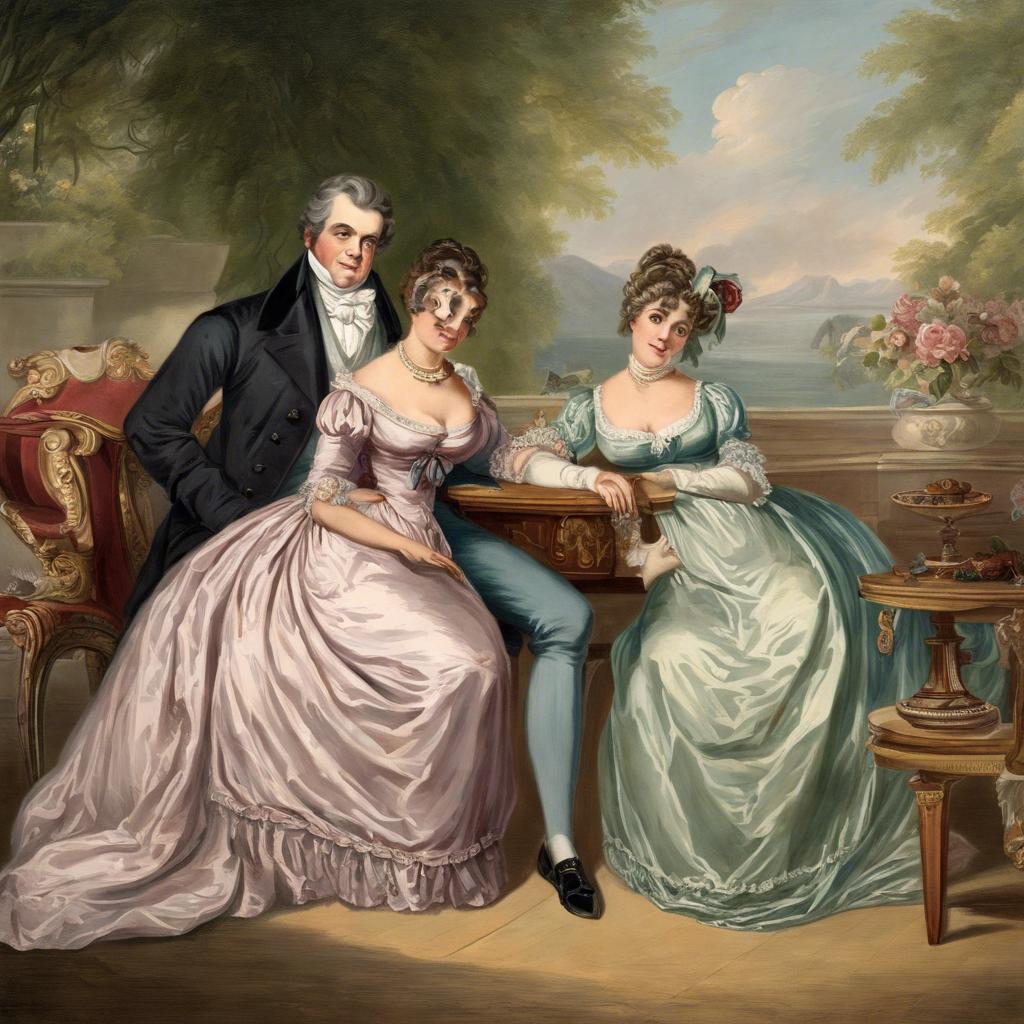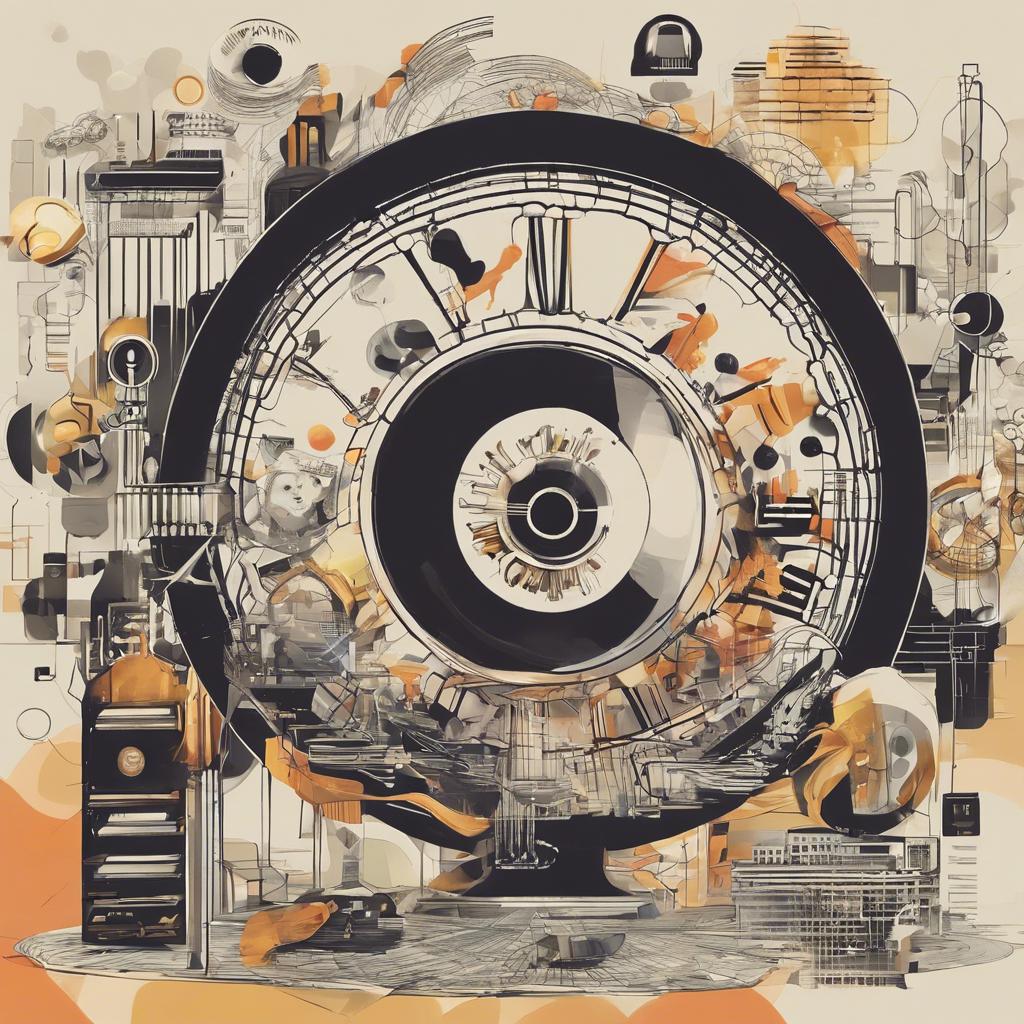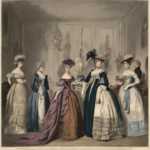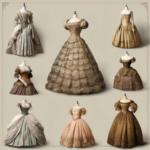In the regency era corset”>early 19th century, the Regency era marked a period of cultural vibrancy and social refinement in Great Britain. As the Industrial Revolution transformed the landscape of the country, the upper echelons of society sought leisure and entertainment in a variety of forms. From lavish balls and theatrical performances to leisurely pursuits such as horse racing and gambling, the Regency era was a time of opulence and elegance in entertainment. Join us as we delve into the world of Regency era entertainment, exploring the sophisticated pastimes and lavish diversions of this illustrious period in British history.
Step Into the World of Cheryl Bolen
Dive into the enchanting stories of love, intrigue, and elegance set in the Regency Era. Cheryl Bolen's novels offer timeless romance and captivating tales that will leave you wanting more.
Explore Cheryl Bolen's Books Now
Regency Era Entertainment: An Overview of High Society Leisure Activities
In the Regency Era, high society leisure activities were a way for the elite to socialize and showcase their status. One popular form of entertainment was attending lavish balls and soirées hosted by aristocratic families. These events were extravagant affairs with elaborate decorations, live music, and dancing that could last well into the night.
Another favored pastime among the elite was gambling. Card games such as whist, faro, and vingt-et-un were commonly played at private clubs and social gatherings. Betting on horse races and patronizing the burgeoning casinos were also popular among the wealthy.
For those seeking a more refined form of entertainment, attending the theater was a common pastime. The elite would often frequent the opera or attend performances of Shakespearean plays at the local playhouses. The theater was not only a place for entertainment but also a way for the aristocracy to display their cultural refinement and sophistication.
The Influence of Literature and Theater on Regency Era Entertainment
In the Regency Era, literature and theater played a significant role in shaping entertainment for the upper classes. The works of celebrated authors such as Jane Austen, Walter Scott, and Lord Byron were widely read and discussed among the elite circles. These literary masterpieces provided a window into the society and values of the time, influencing not only entertainment but also fashion, manners, and social norms.
The theaters of London were bustling with performances of both classic plays and newly written works. Playwrights like Richard Sheridan and George Colman Jr. captivated audiences with their witty comedies and melodramas. The theater was a place where the upper class could see and be seen, showcasing their fashion and social status. It was also a way for society to reflect on its own values and traditions, with plays often addressing themes of love, honor, and societal expectations.
In addition to attending performances at the theater, the upper class would also host private readings and theatrical productions in their own homes. This allowed for a more intimate and exclusive form of entertainment, where guests could engage more deeply with the literature and theater of the time. These gatherings were often elaborate affairs, with lavish costumes, set designs, and theatrical performances that rivalled those of the professional stage.
Social Gatherings and Balls: A Staple of Regency Era Leisure
Social gatherings and balls were essential forms of entertainment during the Regency Era, providing a platform for the aristocracy to socialize, network, and showcase their wealth and status. These events were highly anticipated and meticulously planned, with elaborate decorations, exquisite refreshments, and live music to set the mood.
Guests attending these gatherings were expected to adhere to strict social protocols, including proper etiquette, attire, and behavior. Ladies wore elegant ball gowns adorned with intricate embroidery and lace, while gentlemen donned tailored suits or military uniforms. Dancing was a central part of the evening, with popular dances including the waltz, quadrille, and country dances.
Notable figures of the Regency Era, such as Jane Austen and Beau Brummell, were known for their presence at these lavish events, further adding to the allure and prestige of social gatherings and balls. The popularity of these gatherings extended beyond the aristocracy, with the middle class also partaking in similar festivities to emulate the elite.
Refinement and Elegance: The Art of Regency Era Gaming and Card Parties
The Regency Era was a time of refinement and elegance, where aristocrats and socialites indulged in sophisticated forms of entertainment. One popular pastime during this period was hosting gaming and card parties, where guests could showcase their skill and wit in various games of chance and strategy.
These gatherings were not just about winning or losing, but also about the art of socializing and displaying one’s grace and charm. From games like whist and quadrille to more lighthearted activities like charades and parlour games, Regency era gaming and card parties were a way for individuals to come together, engage in friendly competition, and enjoy each other’s company in a refined setting.
With fine decor, exquisite refreshments, and elaborate costumes, these events were a chance for attendees to immerse themselves in a world of luxury and sophistication. As guests mingled and played, they could bask in the ambiance of a bygone era, where manners and etiquette reigned supreme, and every detail was carefully curated to create an atmosphere of elegance and indulgence.
The Way Forward
the Regency era was a time of great cultural and social change, reflected in its diverse and rich array of entertainment. From elegant balls and concerts to adrenaline-fueled horse races and boxing matches, the people of the Regency era enjoyed a wide variety of activities that brought them together and offered moments of escape from the everyday challenges of life. By exploring the world of Regency entertainment, we gain a deeper understanding of this fascinating period in history, and the traditions that continue to influence our own modern forms of amusement. As we reflect upon the past, let us continue to cherish and celebrate the enduring legacy of Regency era entertainment.


